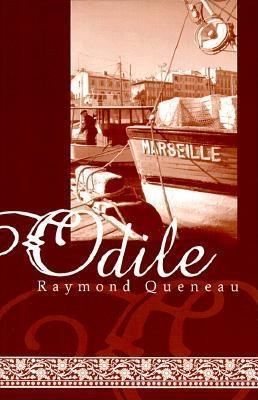French Literature
3 total works
The Last Days is Raymond Queneau's autobiographical novel of Parisian student life in the 1920s: Vincent Tuquedenne tries to reconcile his love for reading with the sterility of studying as he hopes to study his way out of the petite bourgeoisie to which he belongs. Vincent and his generation are contrasted with an older generation of retired teachers and petty crooks, and both generations come under the bemused gaze of the waiter Alfred, whose infallible method of predicting the future mocks prevailing scientific models. Similarly, Queneau's literary universe operates under its own laws, joining rigorous artistry with a warm evocation of the last days of a bygone world.
First published in France in 1937, this brilliant, moving novel is about the devastating psychological effects of war, about falling in love, about politics subverting human relationships, and about life in Paris during the early 1930s amid intellecturals and artists whose activities range from writing for radical magazines to conjuring the ghost of Lenin in seances. Raymond Queneau (1903-1976) has been one of the most powerful forces in shaping the direction of French fiction in the past fifty years. His other novels includes The Last Days, Pierrot Mon Ami, and Saint Glinglin.
Pierrot Mon Ami, considered by many to be one of Raymond Queneau’s finest achievements, is a quirky coming-of-age novel concerning a young man’s initiation into a world filled with deceit, fraud, and manipulation. From his short-lived job at a Paris amusement park where he helps to raise women’s skirts to the delight of an unruly audience, to his frustrated and unsuccessful love of Yvonne, to his failed assignment to care for the tomb of the shadowy Prince Luigi of Poldevia, Pierrot stumbles about, nearly immune to the effects of duplicity.
This “innocent” implies how his story, at almost every turn, undermines, upsets, and plays upon our expectations, leaving us with more questions than answers, and doing so in a gloriously skewed style (admirably re-created by Barbara Wright, Queneau’s principle translator).
This “innocent” implies how his story, at almost every turn, undermines, upsets, and plays upon our expectations, leaving us with more questions than answers, and doing so in a gloriously skewed style (admirably re-created by Barbara Wright, Queneau’s principle translator).


